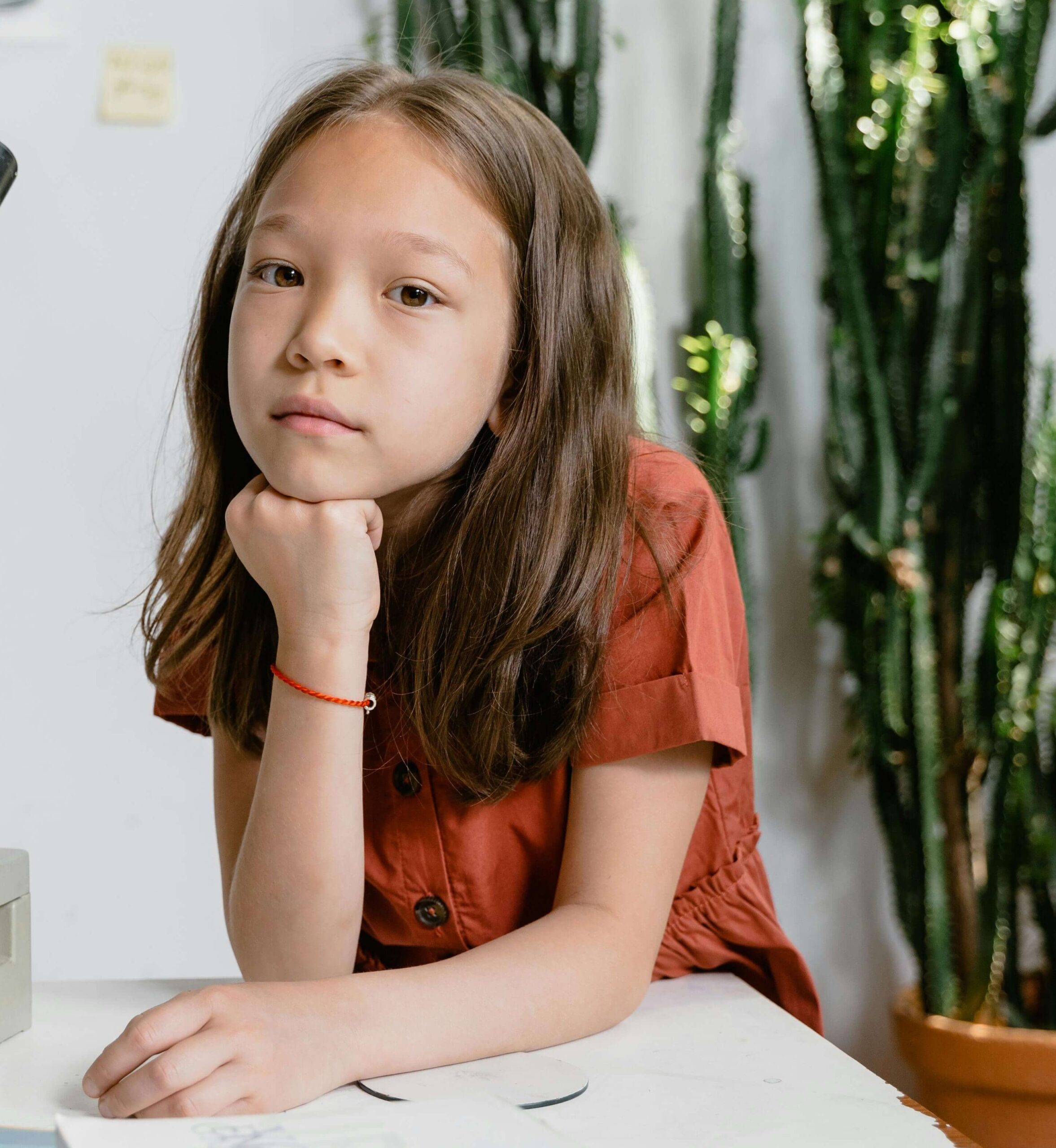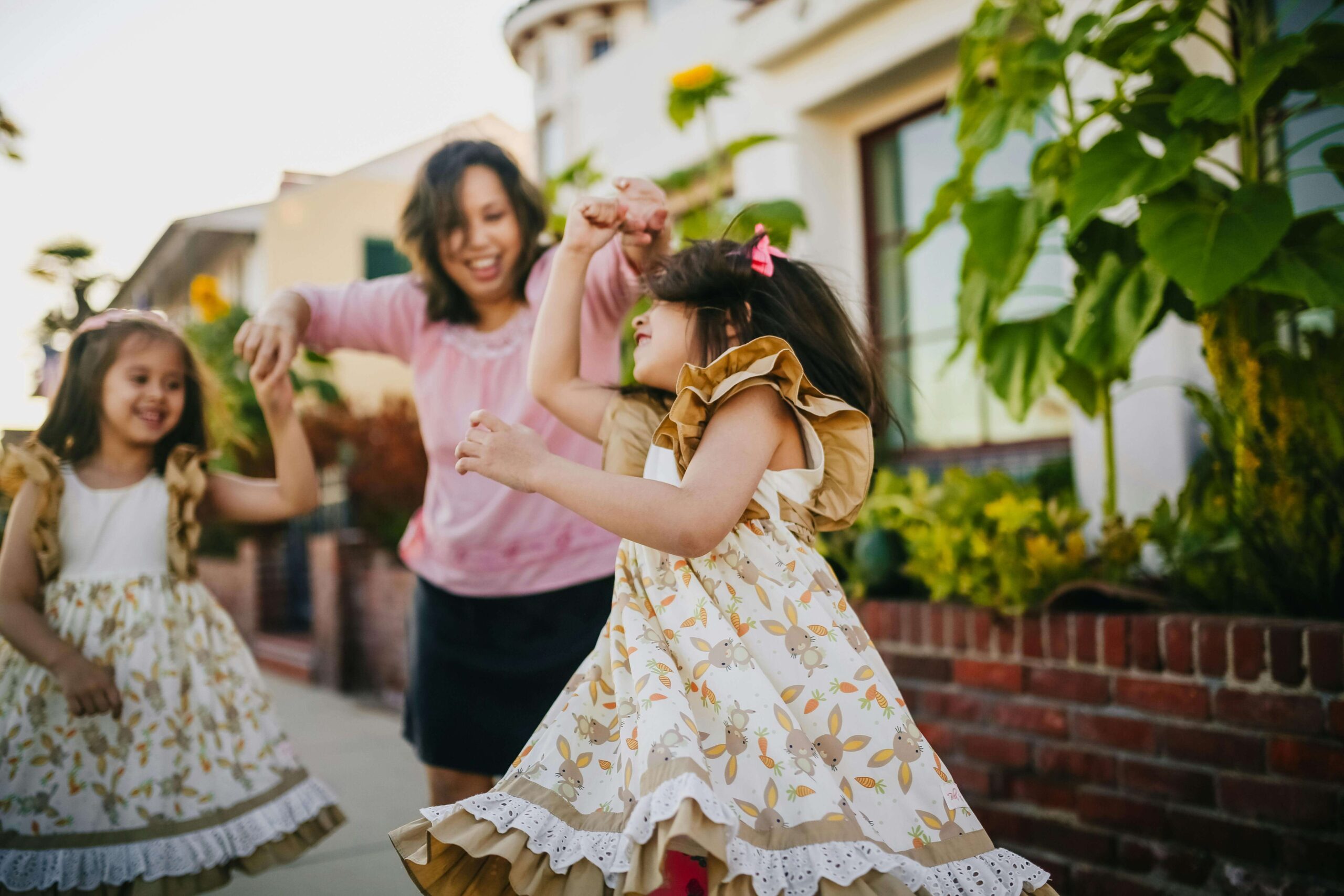As a parent or caregiver, recognizing that your child may need professional support for their mental health is a significant and loving step. But once you decide to seek therapy for children, a new question arises: What kind of therapist is the right fit for your child? With so many titles and specializations—LCSW, LPC, LMFT, psychologist, psychiatrist—the process can quickly feel overwhelming.
At DBT of South Jersey, we believe that informed decisions lead to better outcomes. This guide breaks down the different types of child therapists, their training, and the kinds of challenges they are best equipped to address. Whether your child is experiencing anxiety, trauma, behavioral issues, or emotional dysregulation, understanding your options is the first step toward effective, compassionate care.

Why the Right Child Therapist Matters
Every child is unique, and so is every mental health provider. The right therapist will connect with your child in a way that feels safe, respectful, and empowering. Choosing a provider trained in the specific challenges your child faces ensures they receive evidence-based treatment tailored to their needs.
Therapy is not a one-size-fits-all solution. Knowing who does what helps you choose the best support for your family.
Types of Therapists Who Work with Children
Here is an overview of the most common types of licensed professionals who provide therapy to children and adolescents:
1. Social Worker (LSW, LCSW)
- Education: Master’s degree in Social Work (MSW)
- Training: Clinical experience in mental health settings; trained in individual, family, and group therapy
- Focus: Emotional, behavioral, and environmental challenges
- Best For: Depression, anxiety, trauma, family conflict, grief, school-related issues
Why Choose an LCSW: LCSWs take a holistic view of a child’s life, considering family dynamics, school environment, and social stressors. They are skilled in talk therapy, play therapy, and often provide parent coaching. They are licensed to diagnose and treat mental health disorders.
2. Counselor (LAC, LPC)
- Education: Master’s degree in Counseling or a related field
- Training: Focus on talk therapy, cognitive-behavioral therapy (CBT), and other evidence-based modalities
- Focus: Behavioral issues, emotional regulation, anxiety, and more
- Best For: Kids who struggle with coping skills, impulse control, anger, or emotional outbursts
Why Choose an LPC: LPCs are well-versed in helping children develop coping mechanisms and communication skills. Many use structured approaches such as CBT and DBT to support behavioral change and emotional growth.
3. Marriage and Family Therapist (LMFT)
- Education: Master’s degree in Marriage and Family Therapy or a related field
- Training: Specializing in family systems and relationships
- Focus: Family dynamics, communication, behavioral concerns, trauma
- Best For: Children affected by family conflict, divorce, or attachment issues
Why Choose an LMFT: LMFTs look at the child within the context of the family system. They are ideal when family stress or relational issues are at the root of emotional or behavioral concerns. They often work with both the child and the family.
4. Psychologist (PhD or PsyD)
- Education: Doctoral degree in Psychology
- Training: Extensive training in assessment, diagnosis, and therapy
- Focus: Comprehensive evaluations, therapy, and behavioral interventions
- Best For: Children needing testing (e.g., ADHD, learning disorders, autism), and those with complex or co-occurring disorders
Why Choose a Psychologist: Psychologists are trained to provide both therapy and formal psychological testing. If you’re unsure what your child is struggling with or if you suspect a learning or developmental disorder, a psychologist can provide in-depth insights and tailored recommendations.
5. Psychiatrist (MD or DO)
- Education: Medical Doctor (MD) or Doctor of Osteopathic Medicine (DO) with a specialty in psychiatry
- Training: Medical and psychiatric training, can prescribe medication
- Focus: Diagnosis and medical treatment of mental health disorders
- Best For: Severe mood disorders, ADHD, anxiety, depression, and psychiatric medication management
Why Choose a Psychiatrist: Psychiatrists are the only mental health professionals who can prescribe medication (in most states). They are often part of a larger treatment team that includes therapists or psychologists. If your child is experiencing severe symptoms or may benefit from medication, a psychiatrist’s involvement is essential.
6. School Counselor or School Psychologist
- Education: Varies; usually Master’s level
- Training: Trained in educational systems and school-based interventions
- Focus: Academic support, social skills, crisis response
- Best For: School-related concerns, peer issues, mild emotional or behavioral support
Why Choose School-Based Support: School counselors and psychologists can be great allies and offer valuable observations. However, they are not a substitute for outside therapy if your child needs more intensive or long-term treatment; they are often utilized to supplement outside therapy.
It is important to note that while there are many options available, your child might connect best with someone unexpected (for example; they may get assigned to one of our LCSW therapists and find that they are a great fit and making progress, despite their concerns being related to family stress and conflict, which may indicate a preference for a LMFT therapist). The most important parts in New Jersey are an active license, related training and experience, and a desire to help.

Matching the Therapist to Your Child’s Needs
Understanding your child’s emotional or behavioral challenges can help you choose the right type of professional. Below are common concerns and the type of provider that may be best suited to help:
1. Anxiety and Depression
- Best Fit: Social worker, Counselor, Psychologist
- Approaches: CBT, DBT, mindfulness, play therapy
- Note: If symptoms are severe, a psychiatrist may also be needed for medication support.
2. Behavioral Issues (Tantrums, Defiance, Anger)
- Best Fit: Social worker, Counselor, Marriage and Family Therapist
- Approaches: Behavior therapy, parent-child interaction therapy (PCIT), DBT for children
3. Trauma or Grief
- Best Fit: Social worker, Counselor, Marriage and Family Therapist, Psychologist
- Approaches: Trauma-focused CBT (TF-CBT), play therapy, family systems work
4. ADHD or Learning Challenges
- Best Fit: Psychologist for assessment, social worker/counselor for therapy*, Psychiatrist for medication
- Approaches: Executive functioning coaching, behavioral therapy, parent training
- *With proper training, master’s-level therapists can provide neurodivergent assessments
5. Autism Spectrum Disorders
- Best Fit: Psychologist, Social worker, Counselor, Marriage and Family Therapist
- Approaches: Social skills training, behavioral interventions, family support
6. Family Conflict or Divorce
- Best Fit: Social worker, Counselor, Marriage and Family Therapist
- Approaches: Family therapy, co-parenting strategies, attachment-based therapy
What About Specializations?
In addition to licenses, many therapists hold additional certifications or training:
- Play Therapy (especially helpful for younger children)
- DBT for Children (DBT-C) or Adolescents (DBT-A)
- CBT Certification
- EMDR (for trauma)
- Parent-Child Interaction Therapy (PCIT)
- Autism Spectrum Specialist
Ask about these when choosing a therapist to ensure their approach aligns with your child’s needs.
How to Choose the Right Therapist for Your Child
Here are practical steps to help guide your decision:
- Identify the Primary Concern
Think about what’s most troubling: Is it behavior? Mood? Social skills? Trauma? - Ask Your Pediatrician or School Counselor for Input
They may recommend a type of therapy or a specific provider. - Research Providers
Look for child-focused experience, clear credentials, and specializations. - Schedule a Consultation
Many therapists offer an initial meeting or phone call to discuss fit. - Observe the Connection
A good therapeutic relationship is key. Does your child feel safe and comfortable? - Consider Practical Factors
Location, availability, insurance acceptance, and session structure all matter.
How DBT of South Jersey Can Help
At DBT of South Jersey, we offer child and adolescent therapy with licensed clinicians who specialize in emotional and behavioral health. Our team includes:
- Social workers and Counselors trained in DBT, CBT, and trauma-informed care
- DBT-C and DBT-A programs for emotional regulation, impulsivity, and self-harm
- Parent support and family therapy to enhance the home environment
- Collaborative care with schools, pediatricians, and psychiatrists when needed
We take time to match each child with the right therapist, based on both clinical expertise and personality fit. Our goal is to help your child build emotional strength, healthier relationships, and a brighter future.
Final Thoughts: You Don’t Have to Navigate This Alone
Finding the right therapist for your child can feel daunting, but it doesn’t have to be. Whether you’re looking for support with anxiety, trauma, defiance, or daily stressors, the first step is simply reaching out.
If you’re unsure where to begin, let us help. Contact DBT of South Jersey today for a free consultation and take the first step toward healing and growth for your child and your family.
Every child deserves the chance to thrive. Let’s help them get there, together.

Find Compassionate Support for Your Child with a Child Therapist in South Jersey
If your child is struggling with anxiety, behavioral challenges, or emotional stress, therapy for children in South Jersey with a skilled child therapist can make all the difference. At DBT of South Jersey, our licensed clinicians are dedicated to providing personalized care tailored to your child’s unique needs. Reach out today to start a path toward healing, growth, and lasting support for your family. Follow these three simple steps to get started:
- Contact us to book a free consultation with our intake team
- Meet with one of our skilled child therapists
- Start seeing your child begin to heal!
Additional Services Offered at DBT of South Jersey
At DBT of South Jersey, our team provides compassionate therapy for children designed to help your child heal and grow toward lasting change. Serving families from our Moorestown and Voorhees locations, we offer support for ADHD, Autism, anxiety, trauma, OCD, along with family and couples counseling and holistic care. Visit our blog for valuable insights, practical advice, and resources focused on helping children and teens thrive through therapy.
Sources
https://www.nami.org/about-mental-illness/treatments/types-of-mental-health-professionals/

